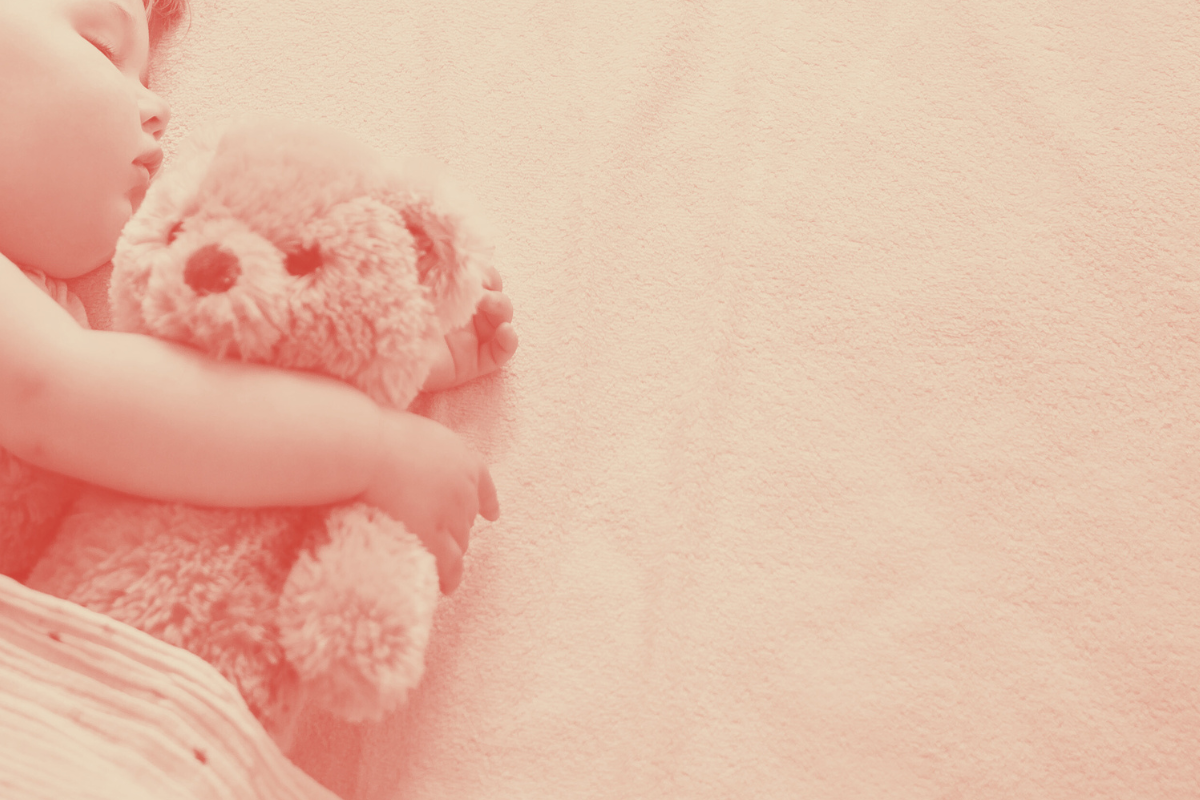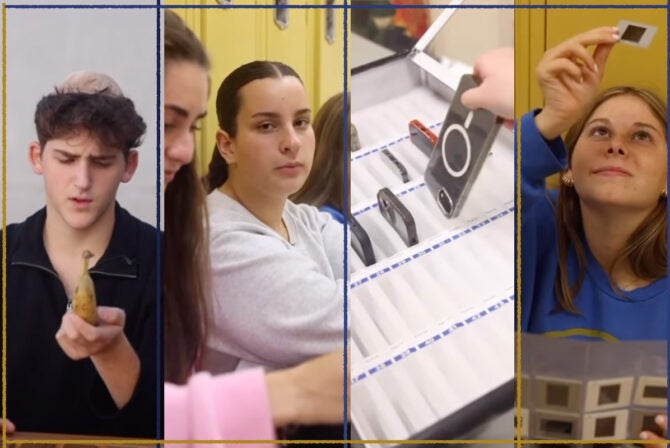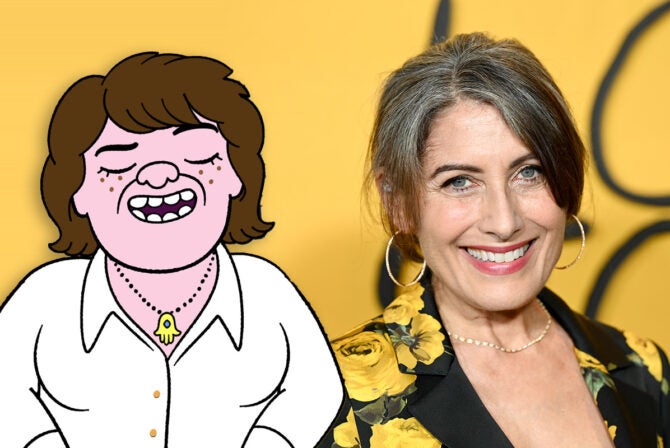My 3-year-old, my third child, is finally sleeping through the night. Until now she had been a terrible sleeper, impossible to put to bed and up at random hours. On a typical evening she would cry open-mouthed for an hour with no consolation. At 3 a.m., she would crash open my door and climb into my bed to lie directly across my face.
When the terrorists attacked Israel on October 7 and stole our babies into their hell, I added “Hatikvah,” the Israeli national anthem, to her bedtime routine. “We’re going to sing a song for Israel,” I explained. That night, for the first time, she slept through.
My firstborn, now 9, had received the Cadillac Jewish bedtime treatment. We of course sang “Hatikvah,” including the slow coda at the end. We also sang the Shema, not just the quick two-liner version but the entire Ve’ahavta, which by 2 he would mouth along to. Each night he got to give a special blessing — to choose one person to bestow an extra prayer upon. My family group chat used to blow up as people vied for the honor: “So who did he give his special blessing to tonight??”
I am an American-Israeli dual citizen — my mother was born and raised on a moshav in southern Israel and spoke to me in Hebrew growing up. We grew up totally immersed in not just Jewish, but Israeli Jewish life, surrounded by a colorful community of her fellow expats in suburban Philadelphia. Determined to give my son the same robust Israeli-style upbringing, I set out to make his Jewish routine extend past bedtime. For four years, I spoke to him exclusively in Hebrew. I petitioned a local day school to open a Hebrew immersion pre-K classroom and somehow, they said yes. He was a student in the first ever class. He went to kindergarten at the JCC and we enrolled him in a Hebrew-speaking Hebrew school,alongside little kids of Israeli expats despite being far too young to even need Hebrew school. Pregnant-to-bursting with my son’s sibling-to-be, he had his third trip to Israel where he played with the children of my 42 first cousins.
Then my second was born. The first day, we knew something was wrong; by week two, we learned of his extremely rare chromosomal disorder, with only 500 reported cases. He would have severe special needs and would probably never walk, talk or grow to be developmentally older than 2 or 3. I spent 18 months grappling with that — the therapy, the meds, the darkness. The idea of speaking Hebrew to a baby who wasn’t even going to speak English felt silly, demoralizing, effortful, so I didn’t. As my oldest entered an English-speaking kindergarten class, I didn’t have the heart to fight the adorable English sentences he started bringing home.
In 2020, COVID hit and we welcomed a third child. Like so many people, I found myself scheduling life in five-minute increments. I was working full time with a newborn, a special needs son and my oldest at home in virtual first grade. By the time the world began to open back up I found I had no energy for hosting the joyful Shabbats I was known for or attending family-friendly Jewish events on holidays. Slowly, almost imperceptibly, my family had started the slide towards becoming American Israeli Jews instead of Israeli Jewish Americans.
Until we hit October 7, 2023. I felt the ache of us all and a failure of my own. A potent combination of laziness and circumstance had taken bits of Judaism from my family. What was left was a third child with no Hebrew, no Zionism, no connection.
I can’t do anything about the crippling hatred that caused terrorists to round up Kfir Bibas and his family. I can’t do anything to bring any of the other precious babies home to their mothers. What I can do is hold my youngest’s little face with both hands and half-sing, half-whisper the words of “Hatikvah” every single night.
“Israel song,” she promptly requests now as we reach the end of the Shema. In preparation, she moves to snuggle up to me as closely as possible. Sometimes she places herself in a cradle in my arms like a baby. Her eyes start to close. She gives a tiny, content smile. We sing it through, we sing the coda, and sometimes, just for good measure, we sing it twice.








